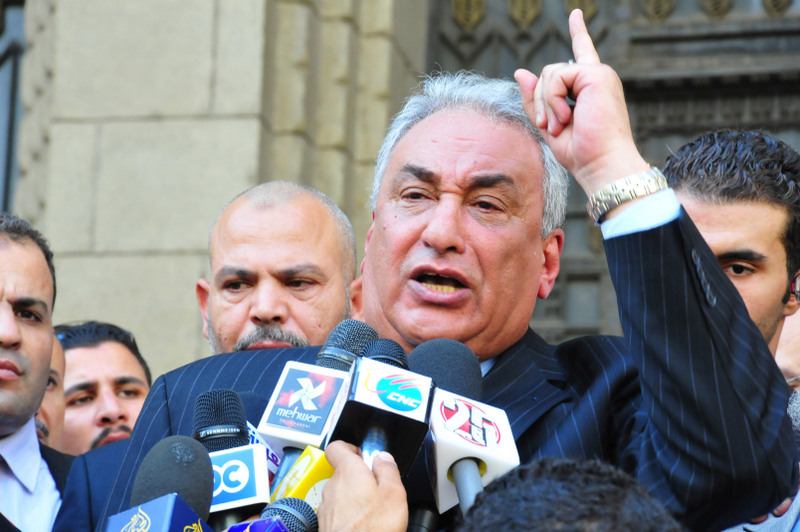Deputy Prime Minister for Industrial Development and Minister of Industry and Transport, Kamel Al-Wazir, began his visit to N’Djamena, Chad, by participating in the opening session of the International Forum for Infrastructure Development of Chad (FIDIT). The event was attended by Chadian Prime Minister Allamaye Halina and representatives from international financial institutions.
During his speech, Al-Wazir reaffirmed Egypt’s strong commitment to the land route project, which links Egypt, Libya, and Chad. He described the initiative as a crucial artery for development and cross-border trade, emphasizing its strategic role in deepening economic integration between Egypt and Chad. The project aims to position Chad as a major commercial hub, connecting trade routes from the Red Sea to the Atlantic Ocean.
The road network is divided into three sections. The first section, spanning 400 kilometers within Egyptian territory from East Al-Owainat to the Kufra border post, is currently under construction by Egyptian companies. The second section, which stretches 390 kilometers through Libya, is under study. The third section, extending 930 kilometers from the Libyan-Chadian border to Abéché via Am Ghriss, is also in the planning phase.
To accelerate progress, a memorandum of understanding has been signed between the Arab Contractors Company and the Libyan government to initiate topographical and environmental studies, along with preliminary design work for the road linking Kufra in southeastern Libya to the Chadian border. Similarly, an MoU between Arab Contractors Company and the Chadian government has been established to conduct studies and initial designs for the third section from the Libyan-Chadian border to Amdjarass. Additionally, contracts have been finalized for road construction between Amdjarass and Abéché, with preparatory studies already underway.
Al-Wazir highlighted the broader progress Egypt has made in the transportation sector under Vision 2030, noting that the country has invested over 2 trillion Egyptian pounds between 2014 and 2024 in major infrastructure projects, including roads, railways, metro networks, and ports. He emphasized that strengthening regional infrastructure is key to unlocking economic potential and facilitating trade between African nations.
Beyond infrastructure, Al-Wazir stressed the need to enhance economic cooperation between Egypt and Chad in key sectors such as livestock, healthcare, agriculture, and energy. He called for the activation of the Egyptian-Chadian joint committee to advance these initiatives and highlighted the significant role played by the Egyptian Agency for Partnership for Development in capacity-building and infrastructure projects. He also acknowledged the contributions of Al-Azhar’s mission in Chad in fostering educational and cultural ties between the two countries.
The minister urged international financial institutions to continue supporting infrastructure projects across Africa, emphasizing the need for joint funding to help countries meet pressing economic, social, and environmental challenges. He reiterated Egypt’s commitment to overcoming all obstacles to implementing the land route project as quickly as possible. He expressed confidence that the initiative would lead to a transformative shift in regional trade, create new job opportunities, and improve living standards in Egypt, Libya, and Chad. Furthermore, he underscored its potential to serve as a strategic trade corridor for neighboring countries, reinforcing broader regional and continental integration efforts.




